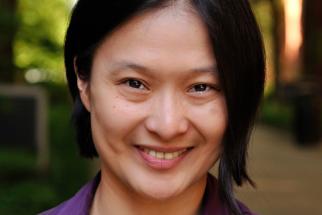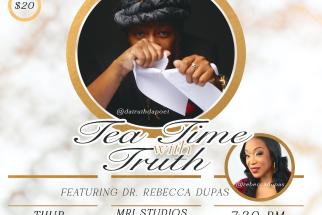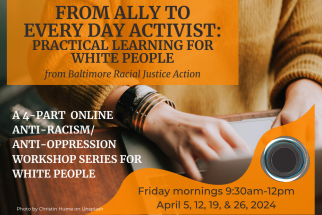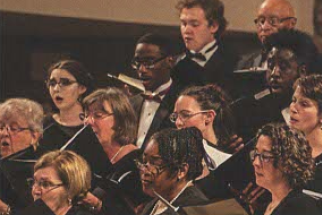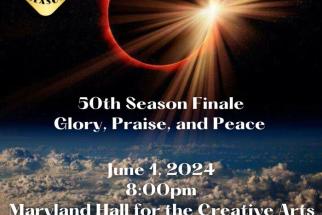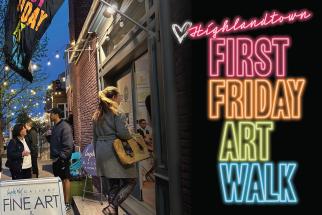Life in the Universe: Community discussion with a panel of experts

DESCRIPTION
The recent and thrilling observations of the Cosmic Microwave Background has allowed scientists to roughly estimate of what the Universes is made up of: 73% dark energy, 23% dark matter, and only 4% of atoms. Yes only 4%!! Included in that small fraction of 4% atoms is an even smaller fraction of atoms that bond together to make the building blocks of life! No doubt life is an extreme rarity in the Universe from what we can observe!
Join us for our community discussion about life in the Universe with a panel of experts! What are the best conditions for life? What evidence is there for how life can emerge in the universe? How do we identify places in the universe that could potentially have life? What about humans? Can we and should we explore space? Bring all your query’s and thoughts, and bring your friends too!
Meet your panel of experts from our community!
Dr. Alex Stors –is one of the luckiest people in the universe, in that he is paid to do his hobby. His passion for astronomy continues unabated despite four years of studying physics at MIT, and five years of graduate work at the Univ. of Hawaii, where he studied Halley’s comet. Postdoctoral work at Goddard Spaceflight Center and the Univ. of Texas led to a real job at the Space Telescope Science Institute, where he was known as ‘Mr. Moving Targets’. He has taught at Towson University for the last decade and a half, and is director of the observatory and planetarium there.
Dr. Giada Arney – An astrobiologist at NASA Goddard Space Flight Center. She spends much of her time thinking about methods to detect life on other worlds. Her research involves using computer modeling tools to simulate possible atmospheres and the remotely observable appearances of exoplanets. She is also involved with the team studying a potential future space telescope called LUVOIR, which is being designed to detect signs of life on nearby exoplanets if it exists. She attended college at the University of Colorado and earned a dual-title PhD in astronomy and astrobiology at the University of Washington. Her hobbies include traveling, gardening, and drinking too much tea.
Anicca Harriot - is currently working on her PhD in Biochemistry & Molecular Biology at the University of Maryland School of Medicine. Her research focuses on mechanotransduction – the science of how mechanical stresses and physical forces, like gravity, affect cell signaling and function. Anicca plans to use her degree to explore the effects of long duration space missions on the human body and hopes to someday venture out into the final frontier for herself. Anicca is also the Social Media Coordinator & LGBTQ+ Engagement Specialist for #VanguardSTEM: Conversations for Women of Color in STEM, a non-profit dedicated to lifting the voices of women and non-binary people of color in STEM. In her free time Anicca volunteers with #Popscope, “popping up” with a telescope around Baltimore to promote public astronomy and encourage curiosity.
Drs Shiladitya DasSarma and Priya DasSarma- Drs Shiladitya DasSarma and Priya DasSarma- are experts on many different extremophilic microbes: those surviving in very salty places on Earth, in perennially cold Antarctica, and high up in the stratosphere. Shiladitya received his doctorate in biochemistry from the Massachusetts Institute of Technology (under Prof. H. G. Khorana, who won the Nobel Prize for cracking the genetic code) while Priya earned her masters in microbiology from the University of Massachusetts with a certification to teach biology. After many years of teaching and doing research together in Amherst, Massachusetts, they moved to the University of Maryland in Baltimore where they now work together at the Institute of Marine and Environmental Technology and the Department of Microbiology at the School of Medicine. Their recent research on an Antarctic microbe that can grow in saturated brine at subzero temperatures is funded by NASA's Exobiology Program and their astrobiology work has been highlighted frequently in the press, e.g. by CNN's Colorscope and PBS' Eons. They have made extremophiles and astrobiology accessible to students and the general public through a successful line of hands-on kits. Both are environmentalists who car pool in an electric vehicle powered by wind energy.
At BUGSS we are building a community of science enthusiasts! We have open science, free community discussions for anyone and everyone to enjoy and learn. Local scientists, artists, and experts come to our space and share their research stories to a diverse audience. It is a fun an casual night with snacks and drinks and lots of questions. Please join us at your friendly neighborhood science lab and learn something new!
Become a member to support our organization, get discounts on classes and events, or practice science in our full molecular biology lab. Or you can become a volunteer, we are always looking for people with all sorts of backgrounds and expertise! Inquire more with Sarah – [email protected]
Don’t have time but want to donate to support our mission? We appreciate (and need) every donation! http://www.bugssonline.org/scienceforall/
